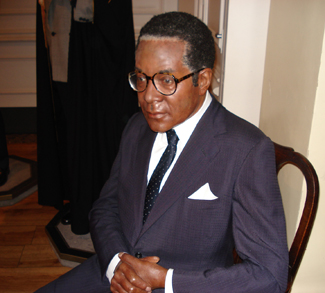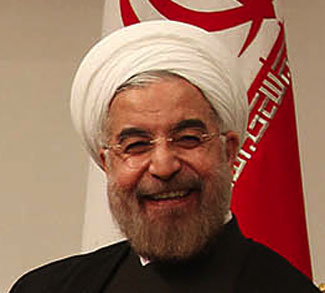Summary
Bangladesh’s two-month old democratic government may fall to a military coup as a result of a border guard mutiny this past week that killed an estimated 148 people.
Analysis
On Sunday, more than 1,000 Bangladeshi border guards were charged with murder and arson stemming from last Wednesday’s mutiny over demands for better pay and working conditions. The mutiny began at the Bangladeshi Rifles border force headquarters in the capital Dhaka, where thousands of the 67,000-strong force were stationed. Bangladeshi officials estimate at least 148 victims, mostly army officers whose corpses have yet to be retrieved, having been hastily discarded—some in mass graves and others in shallow sewers—by panicked border guards.
In charging the border guards, the Bangladeshi government has reneged on a promise of amnesty announced personally by Prime Minister Sheikh Hasina, initially offered in exchange for the border guards ceasing their mutiny, which came to an end Thursday. Reports out of Bangladesh indicate that the Bangladesh army, furious over the offer of amnesty, pressured the Prime Minister to reverse the offer.
The precarious situation in Bangladesh is troublesome because the impoverished and densely populated country of about 150 million people has suffered nearly two dozen attempted military coups, some successful and others not, during its 38-year history.
Prime Minister Hasina herself has had a troubled history with the Bangladeshi military establishment. Her father (former Prime Minister Sheikh Mujibar Rahman), mother, and three brothers were killed during a 1975 military coup. In fact, Hasina’s government was only recently democratically elected in December 2008 following two-years of army-backed interim government rule.
The newly elected government entered into a tense confrontation with various established powers, including the country’s most powerful Islamic party, Jamaat-e-Islami, after announcing it planned on fulfilling its campaign promise of prosecuting war crimes stemming from its 1971 war of independence from Pakistan; Bangladesh was then officially East Pakistan.
Thus, the newest military-political strife engulfing the country threatens the stability of Hasina’s two-month old government. It is not surprising then that Hasina succumbed to pressure from the country’s powerful army to reverse her offer of amnesty. However, if the army officer cadre, populated by the offspring of the rich and powerful, reacts by purging the border guards, populated by offspring of the not-so-well-connected, major anti-government protests might erupt as a result.
Such civil unrest, coupled with the crippling effects of the global economic crisis threatening the country, might just end in yet another Bangladeshi army coup.
Manjit Singh is a contributor to Geopoliticalmonitor.com



